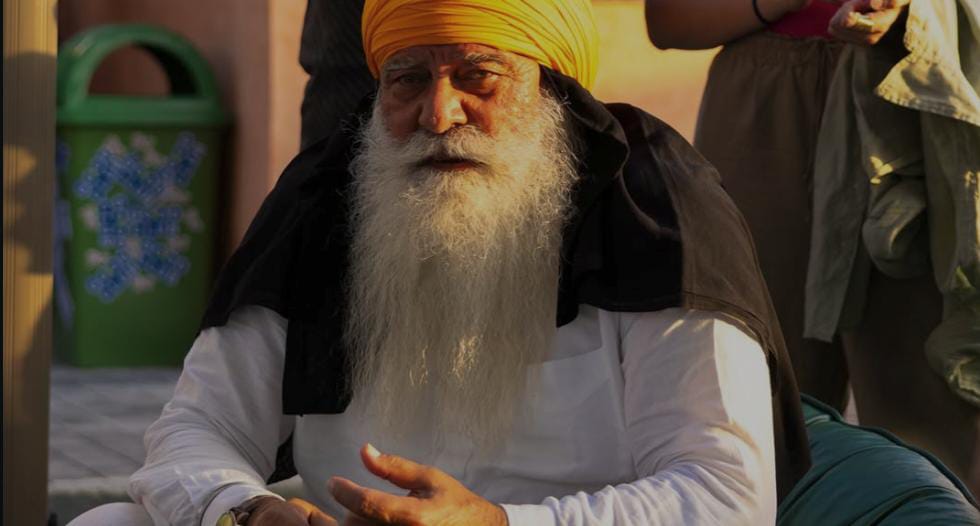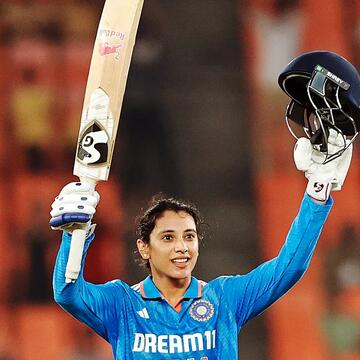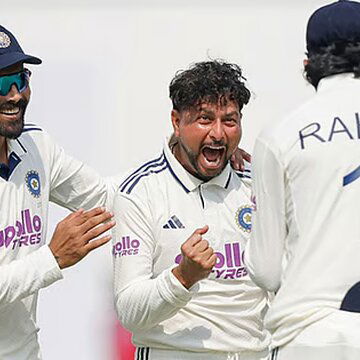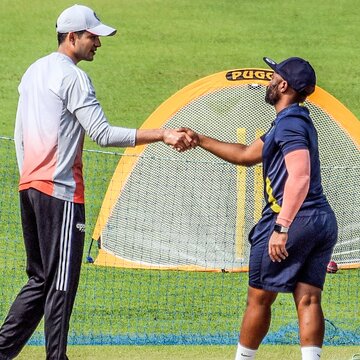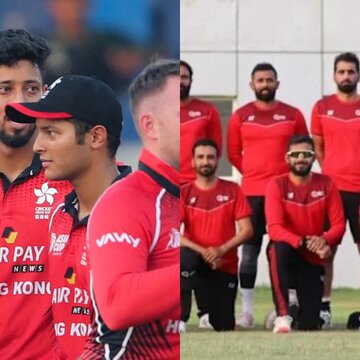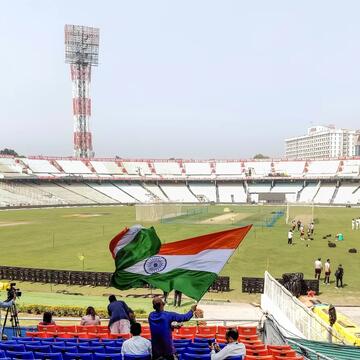Yograj Singh, a former cricketer and the father of famous Indian cricketer Yuvraj Singh, usually makes headlines for his controversial comments. He recently went through his old statement where he had said, “If you give the command of the house in a woman’s hand, the house would be disordered.” Now, in a new interaction, Yograj clarified what he meant by those remarks and elaborated on why he believes fathers play an important role in raising children.
Yograj Singh told Highbrow Studios in an interview, “I have always given women a high status, but men and women have different jobs. When a child is in the mother’s womb, God takes care of him or her. What does the mother know about what is going on inside? The mother is not a mechanic going inside and working; it is God who is working. The child cries after coming into the world because his finger was released from God.”
Yograj Singh also shared that he had advised his daughter not to do anything that would bring dishonour to the family. “People might find me wrong, but no one crosses the line with me in my family. I told my daughter that if my turban gets stained, then you see… I told my daughter and wife, you are the honour of my family, my turban shouldn’t get stained because of you, or else I will give my life. What’s wrong in that?”
Yograj Singh’s daughter, Amy Bundel, is Yuvraj Singh's half-sister. She is the daughter of Yograj Singh's second wife. Yograj Singh married Punjabi actress Neena Singh after divorcing his first wife, Shabnam Singh. Amy is 21 years younger than her brother, Yuvraj Singh. Yuvraj Singh was born on 12 December 1981, and Amy was born on 24 August 2002.
After that, talking about his own family, he said, “I am the head of my family, my way, my rules, my regulations.” Sharing his views on what he considers an ideal partner, Yograj stated, “No kitty parties. A woman should have a dupatta on her head. They should follow the rituals that elders have taught.”
The discussion is likely to spark new debates about parenting, honor, and gender expectations in contemporary Indian families, regardless of whether readers interpret Yograj's comments as an open defense of traditional family roles or as divisive claims about gender roles.


